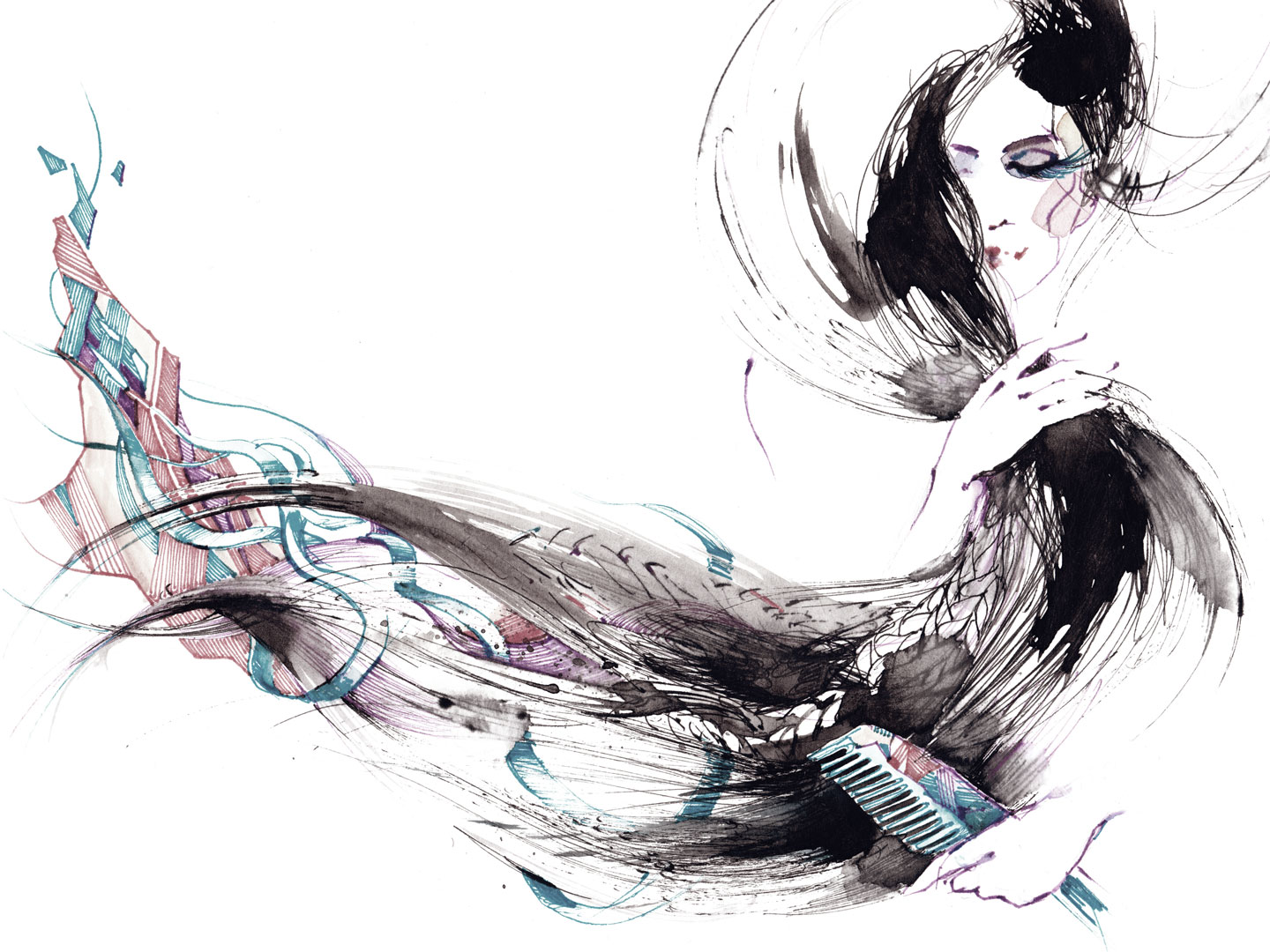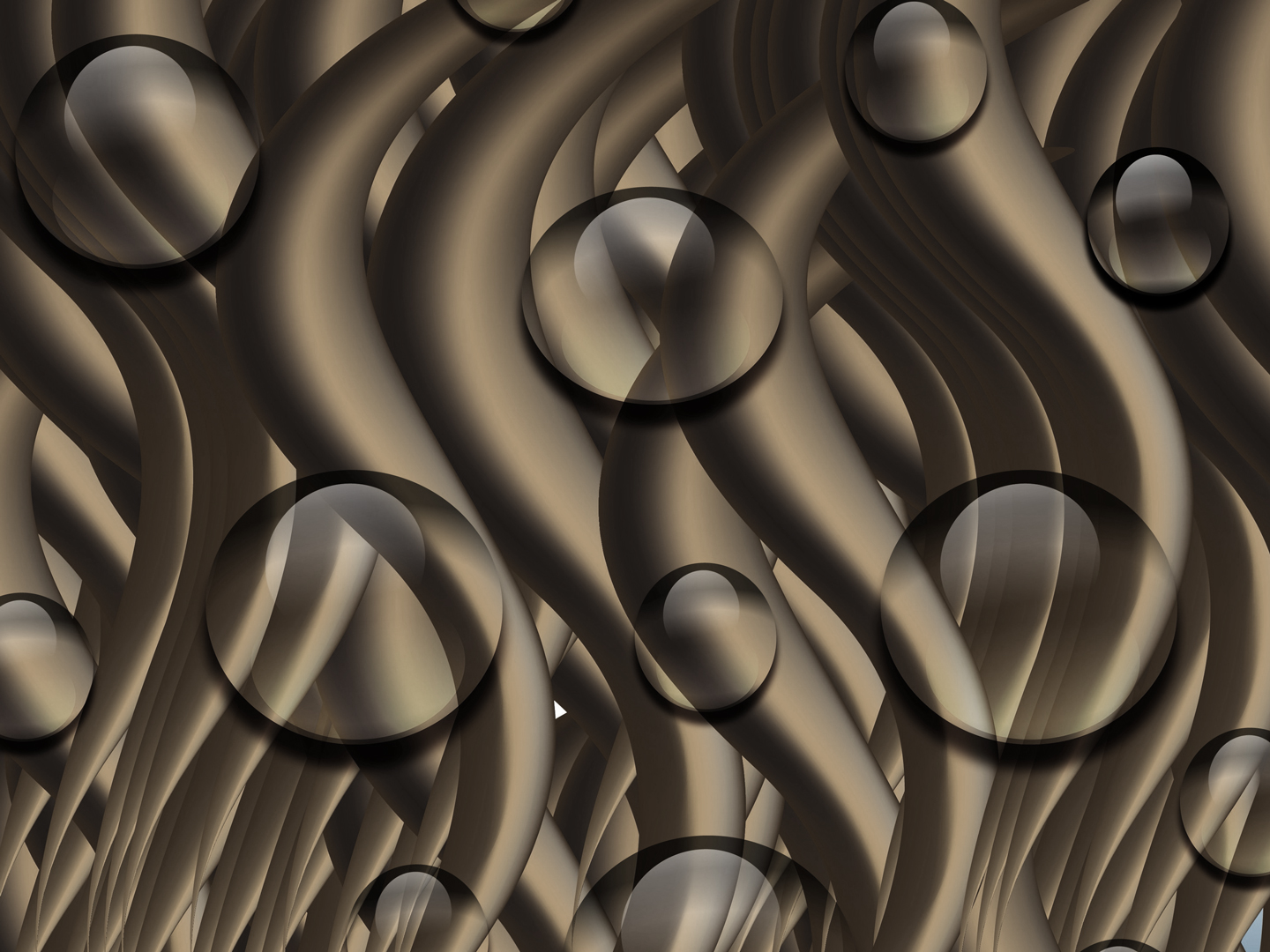Your diet and supplementation regimen have a big impact on your hair health!
 Many of us use an array of topical products on our hair, from shampoos and conditioners, to serums and essential oils. Like with skin care, though, it’s important to think about how your diet and supplementation regimen might be affecting your hair health. After all, our hair is produced by hair follicles. It stands to reason that by giving your body the nutrients it needs, you can help it to maintain healthy hair follicles and produce stronger hair.
Many of us use an array of topical products on our hair, from shampoos and conditioners, to serums and essential oils. Like with skin care, though, it’s important to think about how your diet and supplementation regimen might be affecting your hair health. After all, our hair is produced by hair follicles. It stands to reason that by giving your body the nutrients it needs, you can help it to maintain healthy hair follicles and produce stronger hair.
It can be tempting to think that simply relying on supplements can be enough to support your body’s—and therefore your hair’s—overall health. But really, supplements work best when they’re added on as boosters to a healthy, balanced diet. There are plenty of ways to get the right vitamins, minerals, and other nutrients from the food you eat, and your body will probably digest them more efficiently when it receives them as food. That’s why we’ve made this comprehensive guide to the best vitamins for hair growth and the most important nutrients to support healthy hair follicles. Do note that none of these statements have been evaluated by the FDA, and always consult your doctor before beginning new treatments or supplements. Keep reading to discover which nutrients are most important for strong, thick hair—and how to include them in your diet as food or supplements.
 Best nutrients for hair growth
Best nutrients for hair growth
-
Proteins and fatty acids
Whether you eat seafood or not, getting enough seafood nutrients can help to boost your hair growth. Viviscal, a supplement for men and women with thinning hair, is primarily composed of a patented complex of marine nutrients. In a study on the effects of Viviscal for women with male pattern baldness, researchers found that the supplement helped subjects to regrow hair in areas of the scalp where hair had been thinning.
Seafood also contains healthy omega fats, which help your hair in two key ways. They provide nourishment to the follicles, strengthening and thickening hair. In addition, they soothe inflammation, preventing over-shedding. Studies have shown that these fats can reduce hair thinning.
You can find marine protein supplements (including marine collagen powder, which you can sprinkle into coffee or smoothies) and omega fat supplements, online. Looking for alternative options for healthy fatty acids? You can find abundant levels of omega-3 fatty acids in flaxseeds, walnuts, and chia seeds.
Many hair supplements contain biotin, and there’s some clinical evidence that biotin supplementation may help to increase hair health and growth. However, one study found that biotin supplementation only helped subjects who had underlying health conditions, and concluded that biotin might not make a difference for people who are already healthy.
If you have an underlying condition like alopecia that is causing your hair to thin, a supplement with biotin may be the answer. If you have healthy hair that just needs a volume boost, we recommend that you stick to eating biotin-rich foods instead of shelling out for a supplement. These foods include eggs, almonds and other nuts, whole grains, and milk and meats.
-
Collagen
Oxford Biolabs has summarized the research on collagen supplementation, and confirmed that this nutrient group is vital to maintaining not only healthy hair, but also overall health, as we age. Collagen strengthens and protects our hair follicles, and can actually prevent hair follicles from turning themselves into skin cells as we get older.
Oxford Biolabs recommends that you get a healthy amount of collagen by eating collagen-rich foods, such as bone broth, eggs, and salmon. They also endorse the use of collagen supplements and powders (like the marine collagen powders we mentioned above), as well as creams and hair masks. Seaweed is also a rich source of collagen, which is why it’s been finding its way into skin care as well.
-
Vitamin A
Vitamin A can be tricky. It’s a vital nutrient that helps to hydrate the scalp and stimulate hair production, but too much vitamin A can actually result in hair loss. That’s why it’s probably better not to take a vitamin A supplement unless your doctor has recommended it. Instead, try to incorporate foods with vitamin A (especially red and orange pigmented vegetables) into your diet. Apparently, organ meats are also rich in vitamin A, but we understand if you’d rather stick to carrots and sweet potatoes.
-
Vitamin D
Many studies have confirmed a link between vitamin D deficiency and hair loss. A 2010 study found that vitamin D plays a crucial role in regulating hair production. Meanwhile, a 2013 study found that low vitamin D levels often accompany hair loss in women. Vitamin D deficiency is a worldwide health epidemic that can have severe effects, including depression, obesity, and neurodegenerative diseases.
In order to boost your vitamin D levels, it’s important to get the right amount of sunshine. Unfortunately, while sunscreen use can protect your body from the negative effects of radiation, it also prevents your body from producing as much vitamin D. So if you wear sunscreen, you’ll need more outside time to produce the same amount of this vitamin. You can also help your body to produce vitamin D by eating foods such as eggs and fish, and by supplementing with vitamins. Not all vitamin D supplements are safe for your body, though, so it’s important to read up on a given supplement before buying.
-
Vitamin C
Research has also shown that vitamin C can promote healthy hair growth. This vitamin isn’t naturally produced by your body, so it’s important to get enough of it from the food you eat. Think fruits (especially citrus) and green vegetables. Unlike with other vitamins, supplementing your diet with vitamin C tends to be very easy, because there’s no risk of your body overproducing the vitamin and causing toxicity.
-
Magnesium
Magnesium plays an interesting role in hair health and overall health. It’s thought to help eliminate the toxic chemicals that can build up in our bodies over time, depleting important bioelements that help to regulate our bodies. One study found that magnesium helped to reduce the amounts of these toxic chemicals that were found in subjects’ hair.
Magnesium supplementation also helps your body to absorb calcium, and to produce enough vitamin D without depleting your body of other nutrients. It plays an important role in bone growth and can help you to maintain a healthy sleep cycle. Consider taking a supplement to make sure you’re getting enough magnesium, and make sure to include magnesium-rich foods in your diet. These foods include pumpkin seeds, avocado, nutritional yeast, and (hooray!) dark chocolate.
-
Zinc
Zinc is a vital nutrient that helps the body produce DNA and RNA, and maintain strong protein structures, including the structure of the hair follicle. A 2013 study found that low levels of zinc were associated with hair loss in subjects.
Like many of the vitamins and other nutrients above, zinc is fairly easy to include in your diet. You can get zinc from meat, shellfish, legumes, seeds, and nuts. There are also plenty of zinc supplements available to boost your daily intake.
A healthy diet is key to maintaining overall body health, which in turn boosts hair growth and strength. Nutritional supplements can also help to maintain the right levels of vitamins and minerals. While it’s important to eat the right amount of healthy foods, it’s also a good idea to stay away from inflammatory foods in order to promote hair health. Inflammatory foods (especially white, refined sugar and flour) can cause inflammation throughout your body, damaging your hair follicles and leading to weaker hair. By balancing your diet and adding supplements as needed, you can make efforts to help your hair follicles grow stronger, healthier hair.
What works and what doesn’t for hair health? We’ve read through the evidence to make our verdict:
6 Essential Oils for Hair Growth Backed By Research: Essential oils are gentle enough to use for daily treatment and for boosting long term hair growth.
9 Easy DIY Hair Masks for Damaged Hair: Simple yet powerful hair masks you can whip up in a jiffy to restore those tresses.

